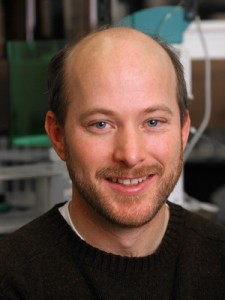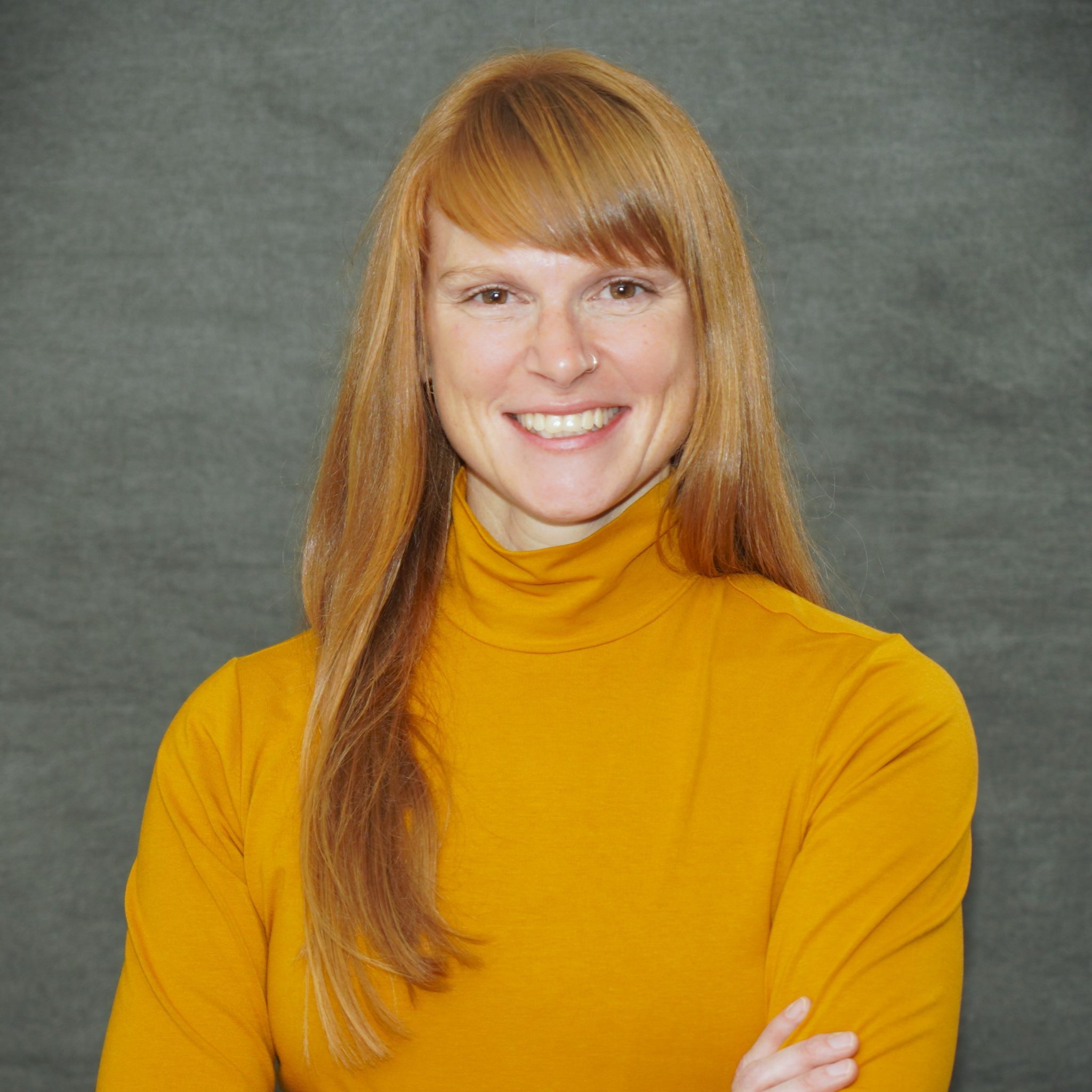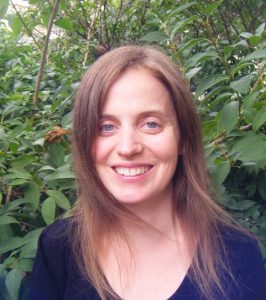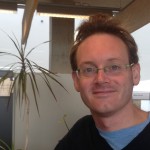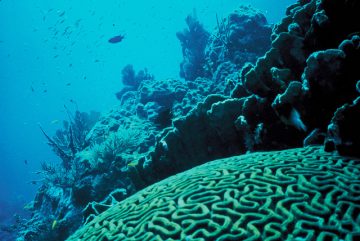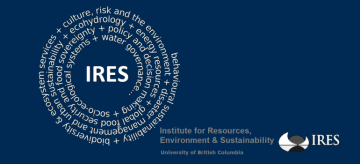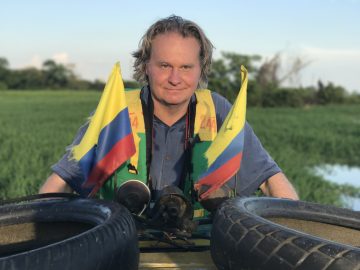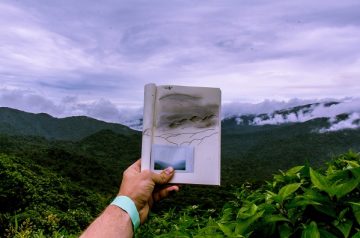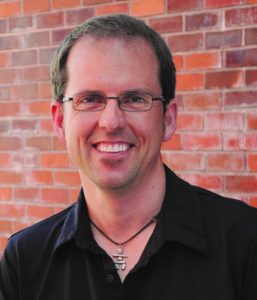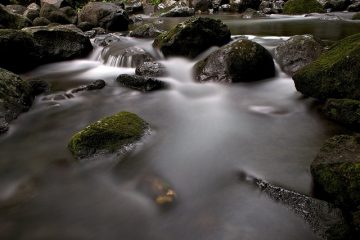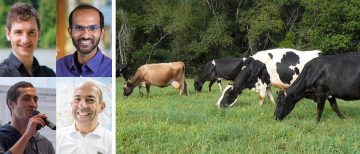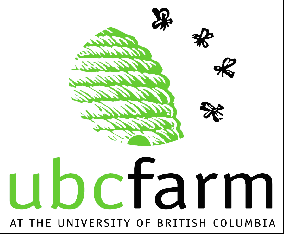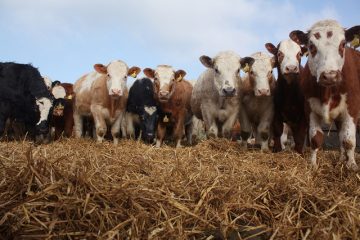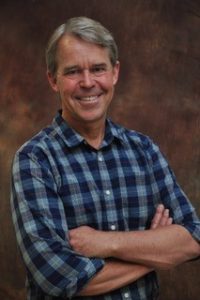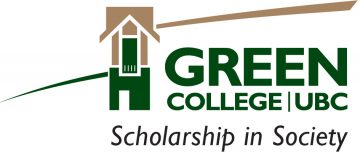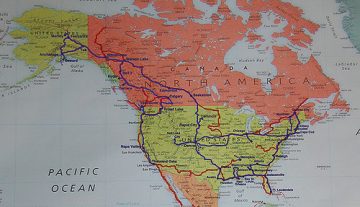IRES faculty members Mark Johnson and Kai Chan are recipients of 2017 UBC Faculty Research Awards!
UBC water sustainability expert Mark Johnson has been awarded the university’s Charles A. McDowell award for excellence in pure or applied scientific research by a young faculty member.
Kai Chan was selected for a UBC Killam Research Fellowship.
Winners of Faculty Research Awards were selected by UBC’s Faculty Research Award Committee, which spans arts and humanities, applied science, science, and medicine. Each spring, the Office of the Vice President Research hosts an awards reception to recognize outstanding UBC researchers. This year the reception will be held on April 17, 2018.
For the links on their awards click here:
https://science.ubc.ca/news/ecohydrologist-wins-award-young-faculty-members
https://research.ubc.ca/research-excellence/awards-honours/faculty-research-award-winners
Mark Johnson
Dr. Mark Johnson is working to understand how land use practices influence interactions between hydrological and ecological processes, and how these ecohydrological processes further affect ecosystem services including carbon sequestration. Unraveling interactions between the water cycle and the carbon cycle is essential for improving the sustainability of land and water management, especially under changing climatic conditions. Dr. Johnson’s research in ecohydrology demonstrates that soil carbon processes are also integrally important to the health of freshwater ecosystems and drinking water supplies. Dr. Johnson and his team are testing carbon and water cycle interactions to address questions such as: How much carbon does water transport from the land into freshwater systems? His research can also help to answer very applied questions related to soil fertility and water use such as: How much food can be produced in urban environments, and how much water would that require? To address these and other related questions, Johnson is developing innovative approaches to ecohydrological research in partnership with communities, natural resource management agencies and organizations, and industry.
Website: http://ecohydro.ires.ubc.ca/
Google Scholar: https://scholar.google.ca/citations?user=KfQwll4AAAAJ&hl=en
Kai Chan
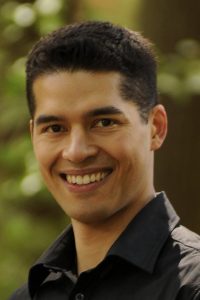
Kai is an interdisciplinary, problem-oriented sustainability scientist, trained in ecology, policy, and ethics from Princeton University and Stanford University. He strives to understand how social-ecological systems can be transformed to be both better and wilder. Kai leads CHANS lab (www.chanslab.ires.ubc.ca), Connecting Human and Natural Systems; he is a Leopold Leadership Program fellow, a Coordinating Lead Author of the IPBES Global Assessment, a member of the Royal Society of Canada’s College of New Scholar, Artists and Scientists, a director on the board of the North American section of the Society for Conservation Biology, a member of the Global Young Academy, a senior fellow of the Environmental Leadership Program, and (in 2012) the Fulbright Canada Visiting Research Chair at the University of California, Santa Barbara.
Website: http://chanslab.ires.ubc.ca/people/chan/
Google Scholar: https://scholar.google.ca/citations?user=OByl3J0AAAAJ
ResearchGate: https://www.researchgate.net/profile/Kai_Chan3
